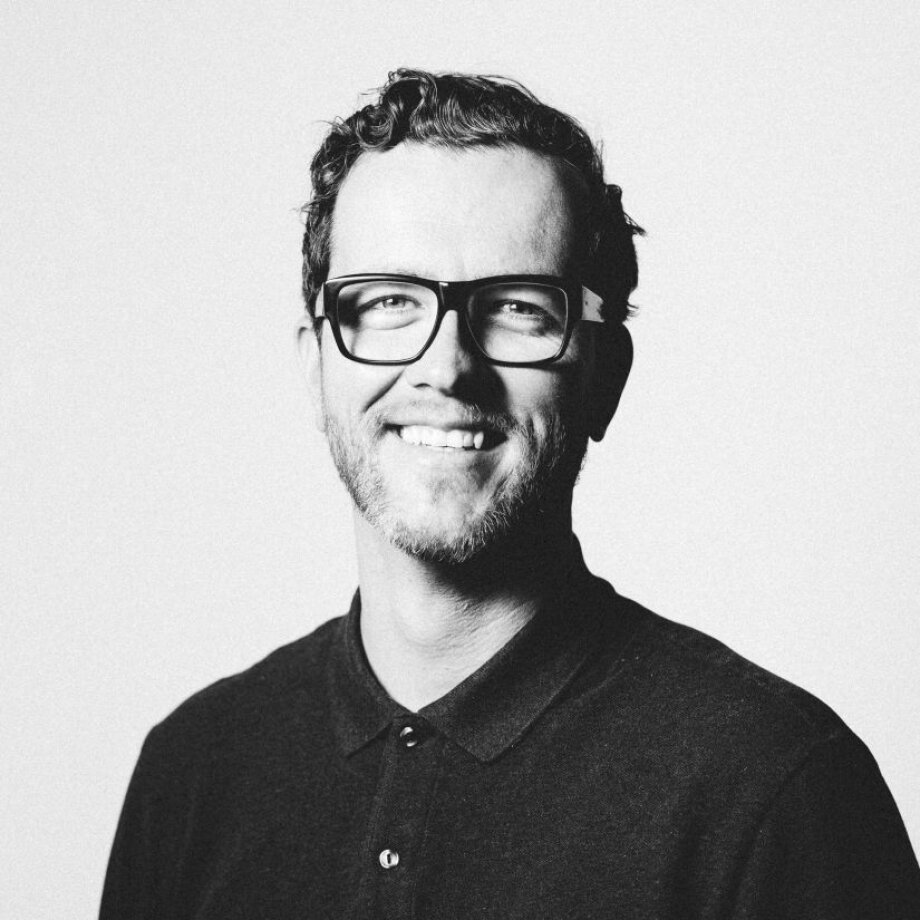HealthTech in Berlin
Interview with Lutz Hasse, Innovation Strategist at FTWK, set to speak at the upcoming InfoShare conference Interview by Beata Socha

Interview with Lutz Hasse, Innovation Strategist at FTWK, set to speak at the upcoming InfoShare conference Interview by Beata Socha

WBJ:
What did the Berlin start-up scene look like ten years ago?
Lutz
Hasse: Very Different. There weren't a lot of start-ups around in Berlin ten
years ago. The city was easy going, an affordable place to live, not only for
artists, and the city didn't know much about his future as the place to be for
European start-ups. As people say: Berlin was poor but sexy. That changed a lot
until today and with success also a lot of problems like gentrification, to
name one, are growing in Berlin.
What
made it grow so quickly?
Berghain & Techno! :) Well,
obviously club culture combined with low living costs and salaries, in the
capital of one of the biggest global economies, attracted a lot of young and
talented people, who were seeking for opportunities after the financial crisis
kicked in 10 years ago. Besides that, the internet was overall a growth factor
for the world. New Business Models were developed, build and scaled not only in
Europe. A central influence on the fast growth of the ecosystem in Berlin was
coming from the Samwer Brothers and the Rocket Internet ecosystem. Berlin was slowly
but surely gaining attraction on the investor's side too. Even the lack of keen
VCs in Europe is still a big issue for a strong pipeline of start-ups coming
out of Europe. Besides that, successful founders started to invest in other
founders. That is important, to hand over money, mentoring and experience to
the next generation of founders.
Do
you think that the success of Berlin can be replicated?
You can't replicate history. I would
rephrase it and ask, could you successfully compete with Berlin? Definitely
yes, cause Berlin is doing a lot of things wrong! If the place has all the
ingredients: a charming city which attracts talents, ideas, and investors while
providing access to markets and customers, anything is possible anywhere.
What
are the current trends in MedTech?
Several technologies (Apps, Sensors, AI, Robots, 3D Printing) recently entered the healthcare space, enabling new products, services, and business models. From telemedicine services, electronic health records to digital biomarkers, robotic companions to the personalization of therapies. Technology is supporting humanity to live healthier and longer.
The miniaturization of technology,
e.g., sensors & hardware, the dropping costs of things, make the scaling of
healthcare point of care systems affordable and accessible to more people while
bringing down the costs.
Do
you think that a future, where wearables monitor our health 24/7 and AIs
perform all the tests and suggest diagnoses is a realistic picture?
True, it's possible, but is it
desirable?
When
do you think we will see the first AI used in medicine on a large scale?
The question is, how do you define
AI? We already see excellent systems leveraging data and science, like Ada
Health, a symptom checker, based in Berlin. Bio-Statistics is a mature subject;
what's new today is an enormous computing power to play around with large data
sets. The challenge of every algorithm or AI that wants to make it into the
market and clinical usage is to prove in a clinical trial that it's safe and
effective.
What
is the attitude of medical personnel to MedTech?
Good question! There is a massive
lack of personnel in the healthcare industry, that will even get worse in the
next decade. In the US for example, 50 percent of the nurses are above 50 years
old. Healthcare will have a shortage of 1 million nurses by 2030. That doesn't
look much different in Europe. The Charité, Europe's largest university clinic,
tries to attract people from all over the world to come to Berlin, to train
them as nurses and doctors to close the gap in an aging society.
In addition to that, 27 times per day
nurses use technology or care differently from the innovators' (MedTech
provider) expectation. It seems they have to hack the current technology to get
their job done. That's an unfortunate result for the healthcare industry in
times of maximum user-centricity in the consumer space.
Besides that, nurses and doctors are
facing administrative madness, a tremendous jungle of documentation efforts,
while hospital and doctors are getting more and more pressure from the
financial perspective. Technology can only help to a certain extent to improve
the situation. Regulation needs to adjust the system and financial flows
between the stakeholder, need to be re-evaluated, to shift from an output to an
outcome-based healthcare system.